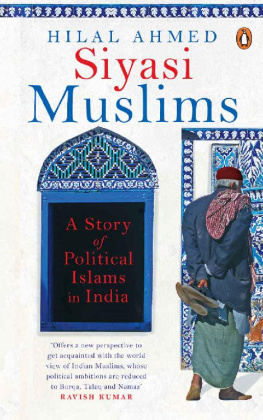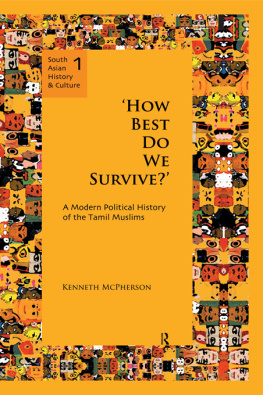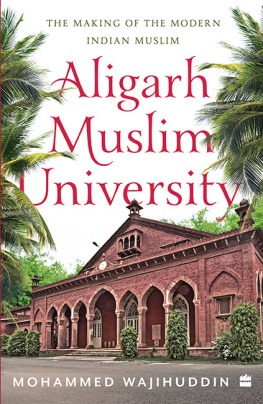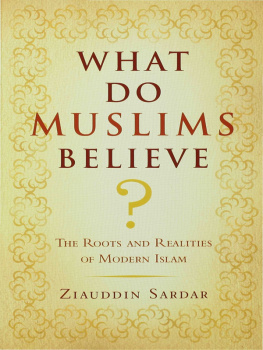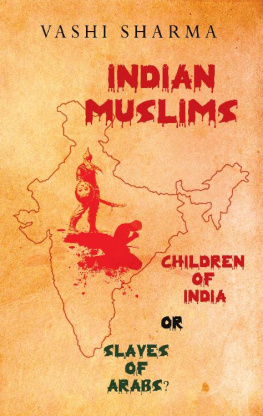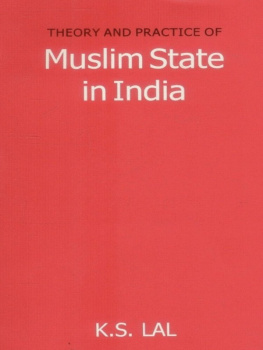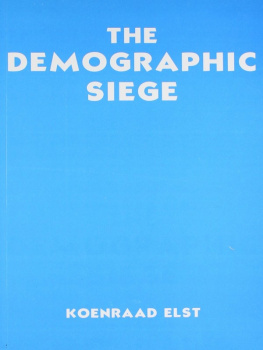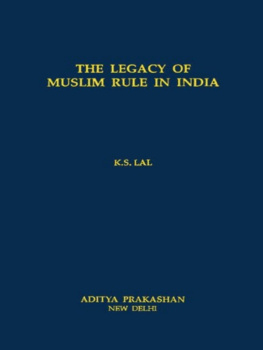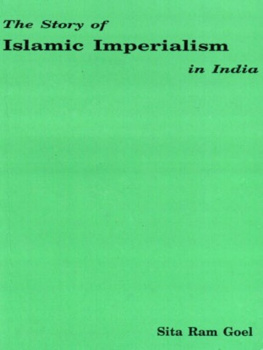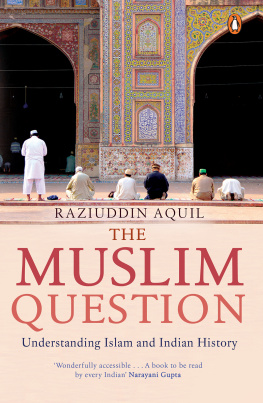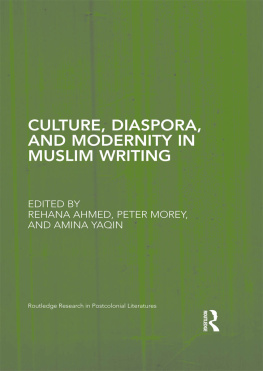FAQs: Muslims and Politics
1. How do we make sense of the Muslims of India? We are often told that they are highly diversified and plural, while at the same time they are treated as a homogeneous community, especially in political terms. Is this not self-contradictory?
This is a legitimate question. And this book tries to offer a way out. It addresses Muslims not as numbers but as a constitutional category, a religious minority and as a collectivity in two different senses.
I see Muslims as a collectivity in a positive sense, when individuals with Muslim names and/or groups, who prefer to call themselves Islamic, are recognized as the beneficiary of constitutionally granted rights, such as the right to profess religion and the right to protect culture and heritage.
However, I see Muslims as a collectivity in a negative sense, particularly when individuals with Muslim names and legally recognized minority institutions with Islamic contents are threatened and attacked, especially by Hindutva essentialists. In both cases, Muslimness is produced as an undifferentiated entity. We are forced to imagine Muslims as one homogeneous community. This book is an attempt to demonstrate that Muslims are divided on caste, class and regional lines, which actually determine their politics.
2. Is Muslim politics all about Muslim voting behaviour in elections?
No. Electoral politics is just one form of Muslim politics. This book tries to capture other types of Muslim political engagement as well.
3. Do Muslims always vote strategically?
Yes and no. Muslims, like other communities, vote as a group at the constituency level. But there is no evidence which suggests that there is a national Muslim vote bank. In this book, we actually explore the idea of the vote bank as a metaphor of Muslim politics. (See .)
4. Are Muslim religious institutionsmosques and madrasasdirectly involved in politics? Do they instruct Muslims to vote strategically in all elections?
It would be wrong to make a sweeping generalization in this regard. In some cases, Muslim religious organizations directly advise Muslims to vote for a particular candidate or party at the local level. Certain organizations, such as the All India Muslim Majlis-e-Mushwarat, and certain individuals, such as the imam of Jama Masjid of Delhi, also issue election appeals. Interestingly, these organizations and individuals are approached by political parties, including the BJP, for favourable statements. In fact, the imam of Jama Masjid issued an election fatwa in favour of the BJP in 2004 (see image on p. xxii).
5. Why do Muslims not participate in secular political activities?
This is not correct. Actually, Muslims are always recognized only as Muslims. Their active participation in secular politics is ignored. It is very important to realize the fact that Muslims, like any other community in India, participate in all forms of politics without giving up their identities.
6. Are there any unwritten norms of Muslim politics in India?
Yes, there are three such norms of Muslim politics in India, which are followed by all Muslim political groups. First, there is a strong adherence to legalconstitutional discourse. Muslims demands are always articulated in a language of rights and laws. Second, there is an emphasis on Muslim contribution in the process of nation-building. Third, there is an idea of Muslim unity, which is always highlighted to assert constitutionally recognized minority rights.
7. What are Muslim issues?
There is this media-driven imagination of a package called Muslim issues. Debatable issues of Islamic identity are called Muslim issues. Hence, the Babri Masjid in Ayodhya, the protection of Muslim personal law, the protection of the minority status of Jamia Millia Islamia and Aligarh Muslim University, the protection of Urdu and, lately, the inclusion of Muslim
Dalits in the Scheduled Caste (SC) list are treated as Muslim issues.
8. Why are Muslims only concerned with their own interests?
This is not true. The Centre for the Study of Developing Societies (CSDS)-Lokniti surveys show that Muslim communities recognize unemployment, poverty and the lack of educational facilities as serious concerns of everyday life. Muslim assertions of this kind are never recorded and discussed in public discourse.
9. Are they really nationalists?
This is an important question. But can we think of a yardstick to measure ones nationalism? I have tried to engage with this question in the chapter on Hindutva and Muslims in the book.
10. What is political Islam(s)? Is it about violence and jihad?
I use the term political Islam to underline the ways in which Islamic principles are reshaped by postcolonial, secular Indian political processes, such as elections. Since there is no one single form of Islam that prevails in India, the term political Islam is used in a plural sense. The chapter on Islamization in postcolonial India deals with this issue in detail.
Violent, jihadi Islam, in my view, is just one form of political Islam. I do not find it relevant with regard to Muslim politics in India.

